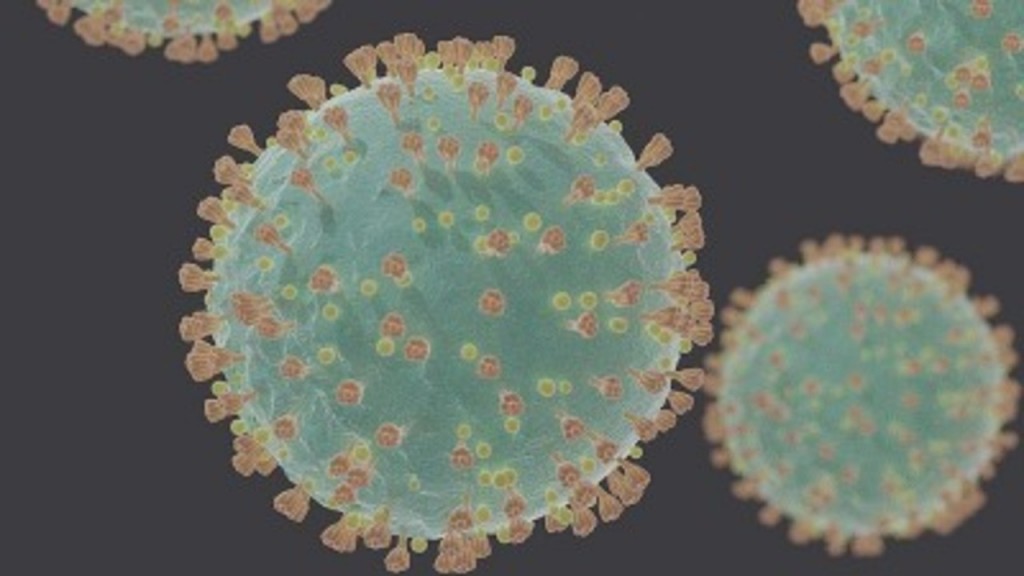
On January 12 , the Wisconsin Department of Health Services and laboratory partners identified a variant strain of SARS-CoV-2, the virus that causes COVID-19, in Wisconsin, according to a press release.
The particular variant, referred to as B.1.1.7, was first discovered circulating widely in England during November and December of 2020. Based on epidemiologic and modeling studies, researchers believe that this new strain spreads more rapidly and easily than the original strain of SARS-CoV-2. However, there is no evidence that the new strain causes more severe illness or increased risk of death.
“We already know that COVID-19 is easily transmitted through respiratory droplets, and with this new variant appearing to be even more infectious, taking preventative measures like wearing a mask and physically distancing are even more important,” DHS Secretary-designee Andrea Palm said in a statement.
In Wisconsin, the strain was identified through ongoing surveillance and whole genome sequencing, a routine practice since the onset of the COVID-19 pandemic.
All viruses, including the virus that causes COVID-19, change through mutation, and new variants of the virus are expected to occur over time, according to the press release.
“Mutations among viruses are very common. It’s not unusual – in fact, it’s expected. As time goes on in the pandemic and the virus continues to replicate on a large scale, the genetic sequence of the virus will change,” DHS Chief Medical Officer Dr. Ryan Westergaard said in a statement.
DHS officials said the agency and its laboratory partners continue to analyze genetic sequence data to stop the spread of COVID-19. With emerging mutations of SARS-CoV-2, and those that may be more infectious, DHS said it is critically important to follow best public health practices, including wearing a mask, staying home, maintaining physical distance, and washing hands frequently.



